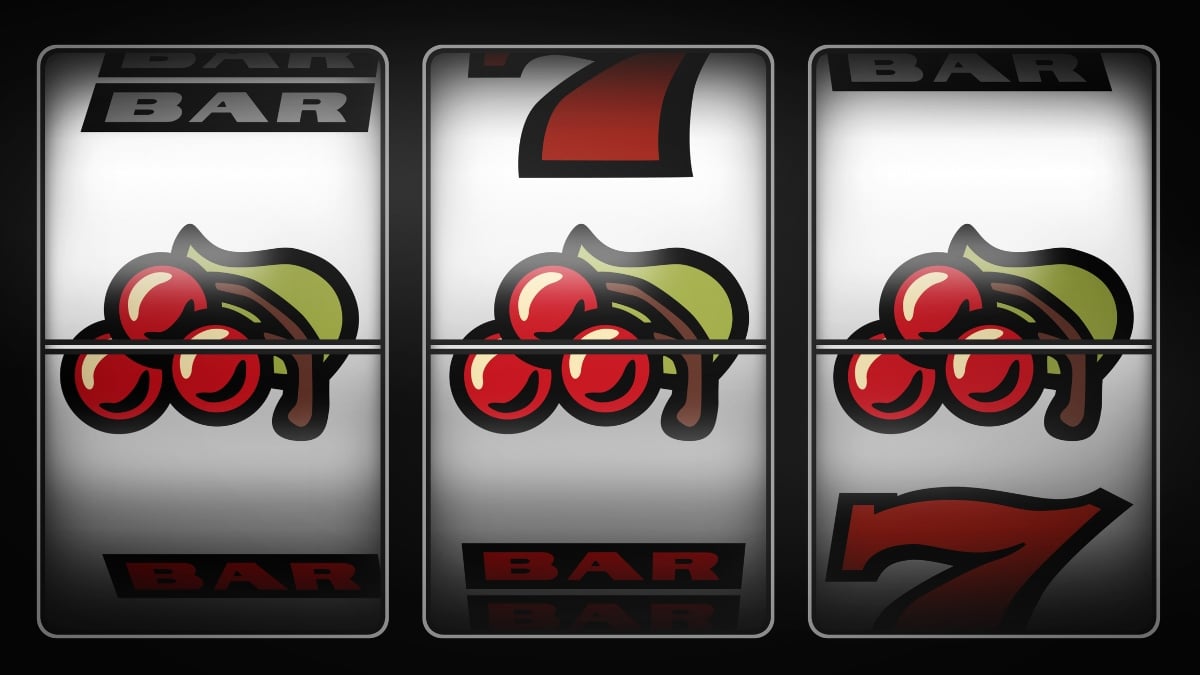Their flashing lights, vibrant sounds, and the exhilarating anticipation of a big win create an alluring environment that draws millions of players worldwide. But what is it about these machines that captivate our attention and keep us coming back for more? The psychology behind slot machines is a fascinating interplay of reward systems, cognitive biases, and behavioral conditioning. Understanding these elements can shed light on why we love to spin the reels.
The Allure of Variable Rewards
At the heart of the slot machine’s appeal is the concept of variable rewards. This principle, rooted in behavioral psychology, suggests that rewards given on a variable schedule are more reinforcing than those given on a predictable schedule. In the case of slot machines, players do not win on every spin. Instead, wins are scattered unpredictably, creating a pattern of rewards that keeps players engaged.
This variability taps into a fundamental aspect of human psychology: the desire for novelty and surprise. When a player wins, the brain releases dopamine, a neurotransmitter associated with pleasure and reward. This dopamine release reinforces the behavior, making the player more likely to continue playing in the hopes of experiencing that pleasurable sensation again. The uncertainty of when the next win will occur adds to the excitement, creating a compelling cycle of play.
The Role of Design & Sensory Appeal
Slot machines are meticulously designed to maximize their appeal. The bright lights, colorful graphics, and engaging sound effects all play a role in capturing and holding players’ attention. These sensory elements are not just for show; they are carefully crafted to create an immersive experience that enhances the excitement of playing.
Sound, in particular, plays a significant role in the slot machine experience. The sound of coins clinking or celebratory music when a player wins creates a positive association with the game. Even the sound of the reels spinning can build anticipation, making the experience more engaging. This sensory stimulation contributes to the overall enjoyment of the game, making it more likely that players will continue to play.

The Gambler’s Fallacy & Cognitive Biases
Cognitive biases, such as the gambler’s fallacy, also contribute to the appeal of slot machines. The gambler’s fallacy is the mistaken belief that if an event has not occurred for a while, it is more likely to happen soon. In the context of slot machines, this means that players may believe that a win is “due” after a series of losses, even though each spin is independent and has the same probability of winning.
This belief can lead to what’s known as “chasing losses,” where players continue to gamble in an attempt to recoup their losses. The gambler’s fallacy, combined with the reinforcing nature of variable rewards and near misses, can create a powerful drive to keep playing, even in the face of mounting losses.
The Role of Personalization & Loyalty Programs
Modern slot machines and online gambling platforms often incorporate personalization and loyalty programs to enhance player engagement. By tracking players’ preferences and behaviors, casinos can offer personalized incentives, such as free spins or bonuses, to encourage continued play. Loyalty programs reward frequent players with points, comps, and other perks, creating a sense of exclusivity and recognition.
These strategies leverage the psychological principle of reciprocity, where players feel a sense of obligation to continue playing to “earn” their rewards. Additionally, the personalized nature of these incentives makes players feel valued, further enhancing their loyalty to the game.
The Social Aspect of Slot Machines
While playing slot machines may seem like a solitary activity, there is often a social component that adds to their appeal. In physical casinos, players can observe others winning, creating a sense of communal excitement. This vicarious experience can increase the anticipation and enjoyment of playing.
Online slot machines have also incorporated social features, such as leaderboards and social media sharing, allowing players to connect and compete with friends. These social elements add an extra layer of engagement, making the experience more enjoyable and encouraging players to keep spinning the reels.

The psychology of slot machines is a complex interplay of reward systems, cognitive biases, sensory appeal, and social factors. These elements combine to create a compelling and often addictive gaming experience. While the thrill of spinning the reels can provide excitement and enjoyment, it is crucial for players to be mindful of the potential risks and to gamble responsibly. Understanding the psychological mechanisms at play can empower players to make informed decisions and enjoy slot machines as a form of entertainment without falling into the trap of problematic gambling.








